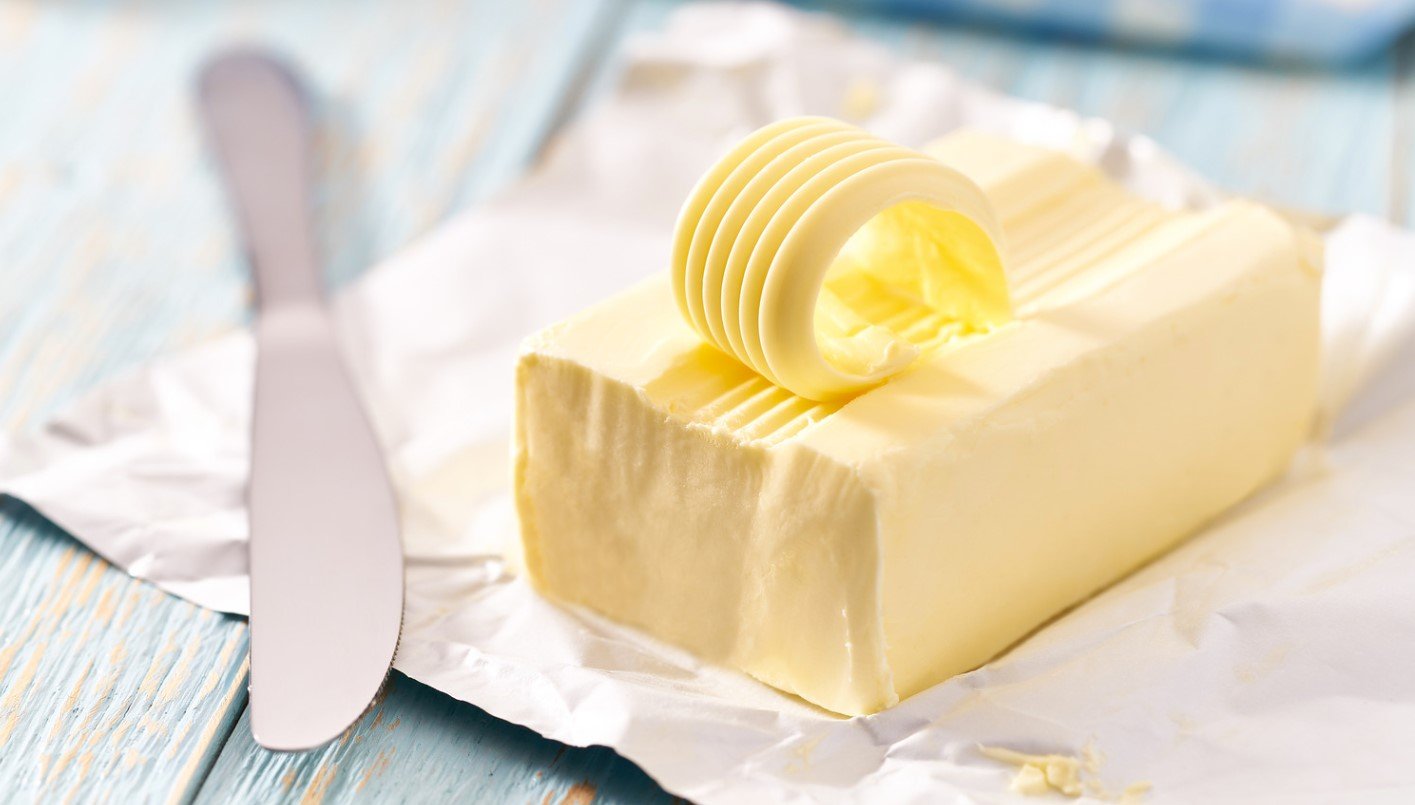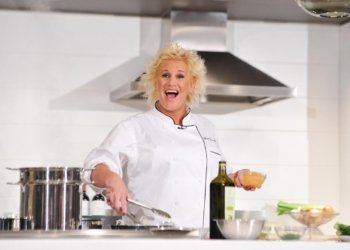In a groundbreaking development, a California-based startup named Savor has created a butter substitute using carbon dioxide (CO2) and hydrogen. This innovative approach not only mimics the taste and texture of traditional dairy butter but also significantly reduces the environmental impact associated with dairy and palm oil production. By leveraging carbon capture technology, Savor aims to provide a sustainable alternative to unsustainable palm oil and dairy products, potentially transforming the food industry.
The Science Behind CO2 Butter
Savor’s butter substitute is produced through a thermochemical process that captures CO2 from the air and combines it with hydrogen to create synthetic fat. This process involves heating the gases and oxidizing them to form fatty acids, which are then converted into fat. The resulting product is mixed with water, an emulsifier, beta-carotene for color, and rosemary oil for flavor, creating a butter-like spread that tastes remarkably similar to the real thing.

This innovative method not only eliminates the need for livestock but also drastically reduces the carbon footprint of butter production. Traditional butter production generates approximately 2.4 grams of CO2 equivalent per calorie, whereas Savor’s synthetic butter produces less than 0.8 grams of CO2 equivalent per calorie. This significant reduction in greenhouse gas emissions makes Savor’s butter a more environmentally friendly option.
The potential applications of this technology extend beyond butter. Savor is also exploring the production of other dairy alternatives, such as milk, cheese, and ice cream, using the same carbon capture process. This could revolutionize the food industry by providing sustainable alternatives to a wide range of dairy products.
Environmental Impact and Sustainability
The environmental benefits of Savor’s butter substitute are substantial. The livestock industry is responsible for a significant portion of global greenhouse gas emissions, contributing to climate change and environmental degradation. By creating a butter alternative that does not rely on animal agriculture, Savor is helping to reduce the environmental impact of food production.
In addition to reducing greenhouse gas emissions, Savor’s technology also addresses the issue of deforestation associated with palm oil production. Palm oil plantations are a major driver of deforestation, leading to habitat loss and biodiversity decline. By providing a sustainable alternative to palm oil, Savor’s butter substitute could help mitigate these environmental issues.
Moreover, the production process for Savor’s butter uses significantly less water and land compared to traditional agriculture. This makes it a more sustainable option in terms of resource use, further enhancing its environmental credentials. As the world grapples with the challenges of climate change and resource scarcity, innovations like Savor’s CO2 butter offer a promising solution.
Market Potential and Consumer Acceptance
The market potential for Savor’s butter substitute is immense. With growing consumer awareness of environmental issues and a rising demand for sustainable products, there is a significant opportunity for Savor to capture a share of the dairy alternatives market. The global market for plant-based dairy alternatives is expected to continue growing, driven by health-conscious consumers and environmental concerns.
However, consumer acceptance will be crucial for the success of Savor’s butter substitute. Taste and texture are key factors in consumer preferences, and Savor’s product has been designed to closely mimic traditional butter. Initial taste tests have shown promising results, with many participants unable to distinguish between Savor’s butter and dairy butter. This bodes well for the product’s market acceptance.
Additionally, the support of high-profile investors like Bill Gates adds credibility to Savor’s efforts. Gates has praised the product for its taste and environmental benefits, and his backing could help attract further investment and consumer interest. As Savor continues to scale up production and seek regulatory approval, the company is well-positioned to make a significant impact on the food industry.




































